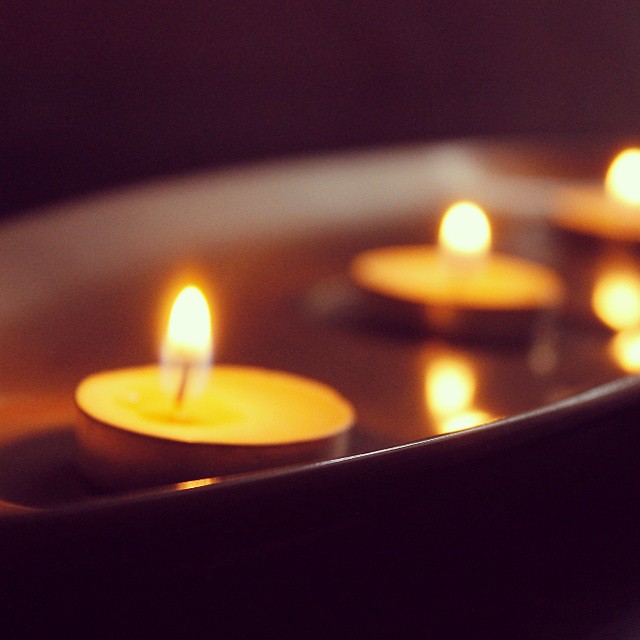While she was in a meeting near the beginning of June, Fauzia Mazhar’s phone was flooded with messages expressing shock and condolences. She and the other attendees slowly learned of the murder of the Afzaal family in London, Ontario.
Amid the shock and horror, Mazhar, the executive director of the Coalition of Muslim Women of KW, and her teammates put together a vigil for the family on Tuesday, Jun. 8 which was attended by over 800 people including government leaders, community and faith leaders, and members of the police. The vigil took place on Zoom and, although it was originally planned for one hour, it spanned over three.
“The most important thing, at the time, was making sure that there [was] a space for people to come together and share their grief, and just be able to be in a space for each other and be able to just share,” she said.
“It was important for us that they also hear words of assurance. The assurance from system leaders, some closure activities like prayers and things like that…[and that] the law enforcement agencies are vigilant, and they’re safe.”
To add insult to injury, the vigil was zoombombed, which is when a group of people intrude into a Zoom meeting with the purpose of disrupting it. There have been many cases of people entering Zoom meetings uninvited to add hateful comments and images over the last year. It was an infringement on the privacy and healing of the vigil attendees. Although Mazhar was praised for her grace in handling the trespassing, she was livid at the time.
“I was so angry in the moment. And my only my emotion, my primary [thought] was, we’re not gonna let them win. We have to continue, have to continue…I wasn’t graceful in my heart…[but I thought], we cannot be driven out from this space that we have created,” she said.
“I was also worried about how would people feel…if [they were] driven out in such a way from the space that they were just creating together?,” Mazhar said.
The hateful actions of the zoombombers and of Nathaniel Veltman, who committed the murders, are not senseless. For people that live with less fatal encounters with racism and hatred, this was neither surprising nor unexpected. Mazhar told stories of other Muslim people who were harassed by a truck following them, the driver mocking their terror.
“People have been calling it a senseless act and all of us are kind of pretending that we are shocked…But for people like us, it makes complete sense when we see ourselves, our spaces, our qualities, violated on a daily basis,” she said.
“Those three women who were walking on that street thinking that that street is safe, somebody’s filming them and talking to them about possibly [making them] targets for a fatal killing. …It’s not easy to live that life. And in that manner, nothing is shocking. Nothing.”
Mazhar does not have all the answers. She does not know how to end racism completely or make people believe that it is still a major issue in Canada. Still, her organization has been working to educate others and create positive change for many years.
“I don’t know what needs to be done…We have been doing this work for almost 11 years. And believe me, for most of that time people didn’t believe [us and] we had to produce evidence we had to really like, do a lot of things to come to the point where at least there’s some acknowledgement that state level harassment is happening,” she said.
Islamophobia impacts more than just the Muslim community—it impacts anyone who may be perceived as the other. This includes Brown people in general and people of other faiths like Sikhs. Mazhar remembers how, in the aftermath of 9/11, there were many attacks on other Brown people of different faiths—especially Sikhs and Hindus. With attacks like the one on the Afzaal family, it is not only Muslim people that are affected, but all Black and Brown people—their actual and perceived safety are both threatened.
Mazhar has lived with hateful or ignorant comments from people that do not understand the nuances of her identity for a long time. Now, she refuses to entertain ignorant questions, focusing instead on educating people.
“You do not need any education about Islam and Muslims…You just need to remember your responsibilities,” she said.
“You do not need to know about Islam and Muslim to be the kind of person that you need to be everyday, and just accept the other person’s humanity…it’s not about the ideology itself that people need to know to be able to respect. Forget about respect, it’s like at least let them live.”




Leave a Reply